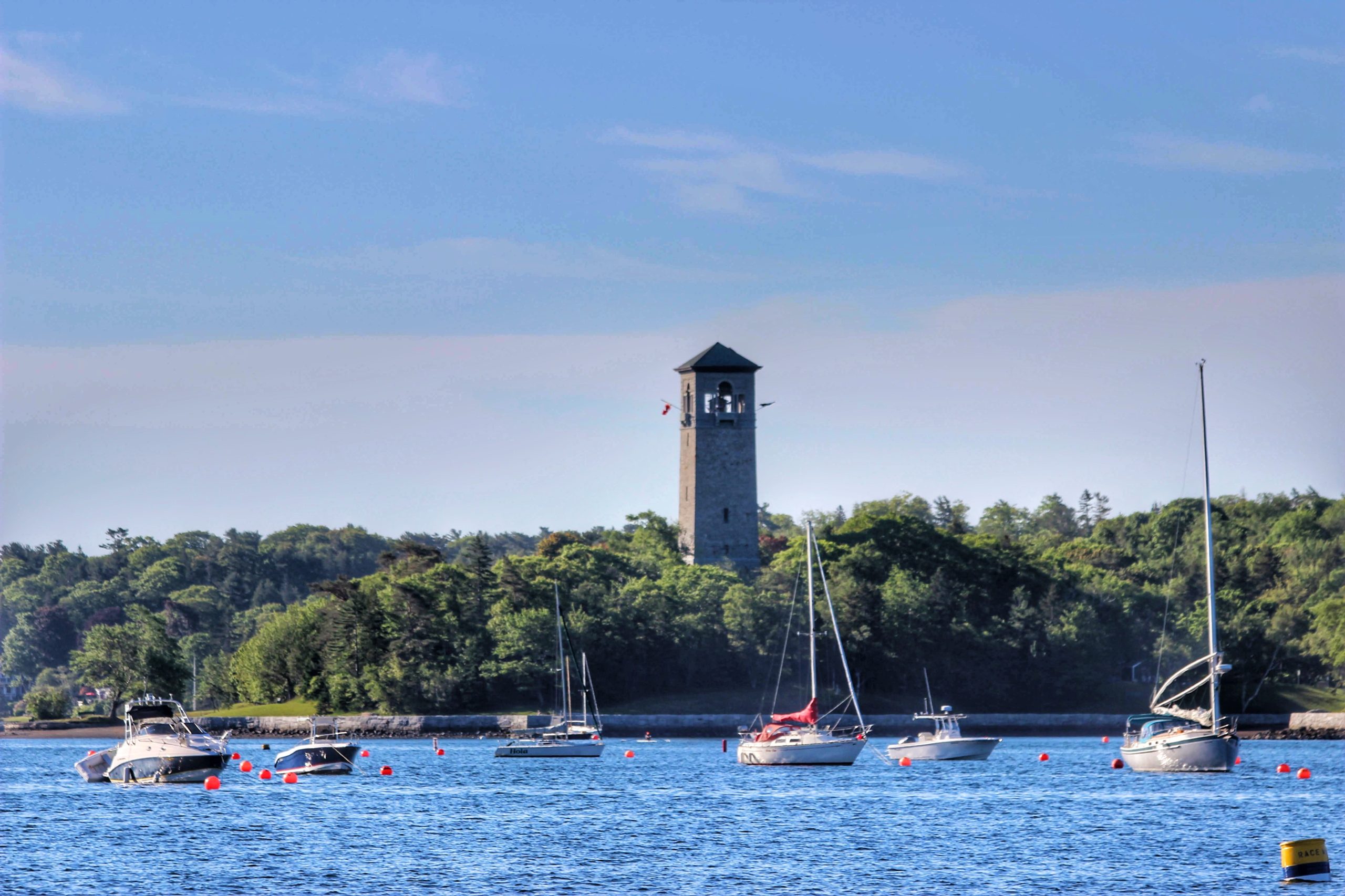
As the Atlantic Canadian province urged people with skills in healthcare, transportation, education, hospitality, and trades to settle there, immigration to Nova Scotia hit a record high in 2017.
Nova Scotia is rapidly developing, and with anticipated development come many opportunities, according to the province’s Minister of Immigration, Jill Balser.
“Newcomers drive our economy, create new businesses and jobs, fill labor gaps, and add to the diversity and culture of our communities. To improve our province and promote economic growth, we will continue to look for, welcome, and keep talent from throughout the world.”
In the first ten months of 2021, the province accepted 6,170 new permanent residents, up 105.7 percent from 3,000 during the same period in 2020 and nearly 75.8 percent more than the total immigration to Nova Scotia for the entire year of 2020, according to Immigration, Refugees and Citizenship Canada (IRCC). These statistics provide a concise overview of immigration to Canada and the effectiveness of federal and provincial programs that promote immigrants.
Nova Scotia’s immigration authorities anticipate that 2021 will end with more immigrants coming than in 2019, when the province welcomed 7,580 new permanent residents, even though final immigration data for the year have not yet been released.
Most immigrants are drawn to worker programs
The greatest batch of immigrants to Nova Scotia in 2021 came through the Atlantic Immigration Pilot, which Ottawa has now made a permanent program, as well as the Skilled Trade, Canadian Experience, Caregiver, and Skilled Worker programs.
These initiatives brought in 49.5% of the province’s total new permanent residents in the first ten months of 2021.
During the first 10 months of 2021, Nova Scotia received additional ten immigrant entrepreneurs through the Self-Employed and Start-up Business programs, despite the monetary hardships brought on by the COVID-19 outbreak.
Ottawa created a new pathway to permanent residency for temporary residents through a short-term program last year that would accept up to 90,000 applications in an effort to ease Canada’s skills shortages.
That temporary to permanent resident program, which opened on May 2, attracted 84,177 applications in its six streams, three of which were exclusively for francophones as well as the other 3 for both anglophones and francophones, before its closure on November 5, 2021.
That strategy had produced 395 additional new permanent residents in Nova Scotia by the end of October last year.
In 2021, the Provincial Nominee Program (PNP) of Nova Scotia was the second-most popular method of settling foreign nationals in the province.
Within the next 38 years, Nova Scotia expects to quadruple its population.
Family sponsorship programs at that time contributed 8.5% of all new permanent residents to the province, while refugee and protected person programs contributed 5.8%.
Through immigration and arrivals from other parts of Canada, Nova Scotia intends to attract 25,000 immigrants annually in order to triple its population over the next 38 years.
From 3,405 in 2015 to 5,485 in the following years, the province has seen a steady growth in the number of new permanent residents. In 2017, there were only 4,515 new permanent residents, and after a minor decline in 2017, there were 5,965 new immigrants in 2018.
Then, with 7,580 new permanent residents, immigration grew by around 27.1% in 2019.
Premier Tim Houston said, “We all gain from economic growth with a greater tax base, new enterprises and employment, increased diversity and culture, and improved infrastructure. “I urge all Nova Scotians to accept newcomers and extend a warm welcome to those who choose to live in our lovely province,” the governor of Nova Scotia said.
The Nova Scotian economy would grow by 4.2 percent by the end of 2021 and another 2.4 percent this year, as per the most recent Provincial Economic Outlook.
The two foreign professions most frequently accepted in Nova Scotia since 2015 are registered nurses and ongoing care aides, who together have received 1,534 government recognitions.








